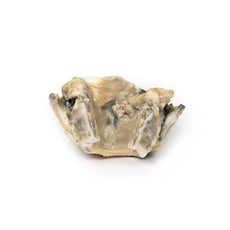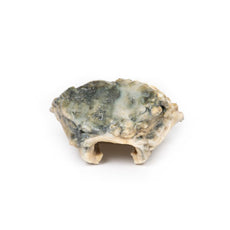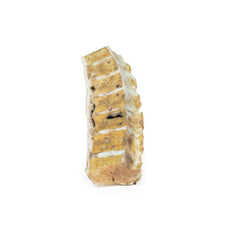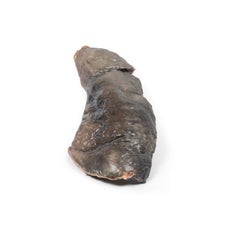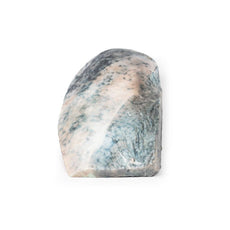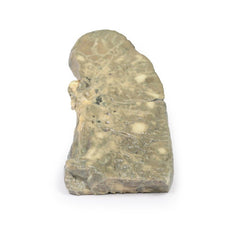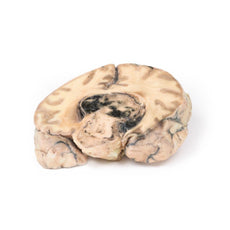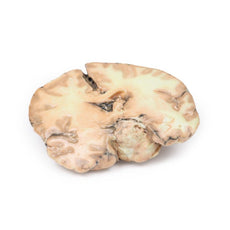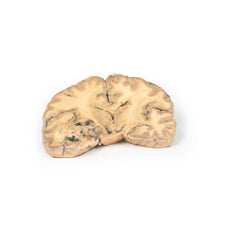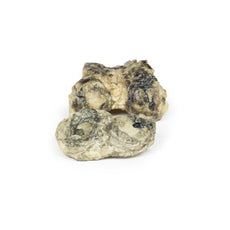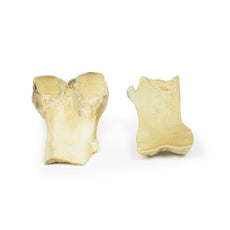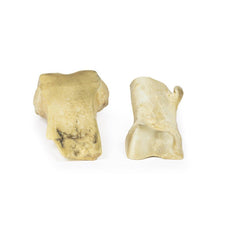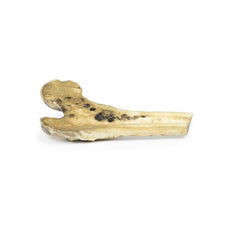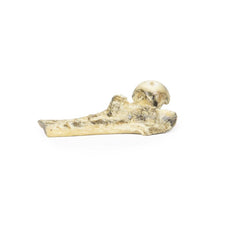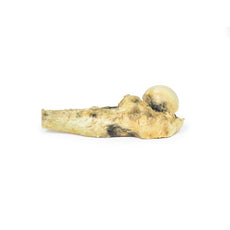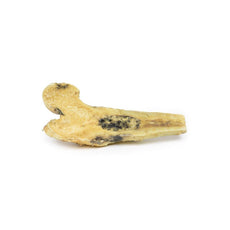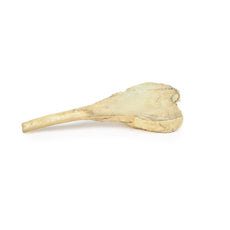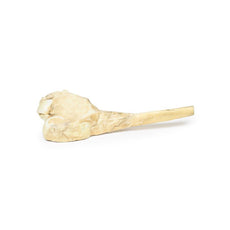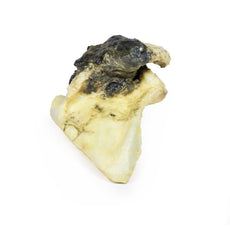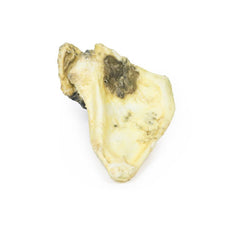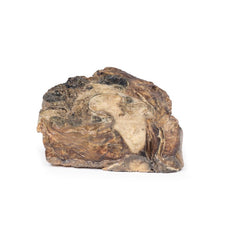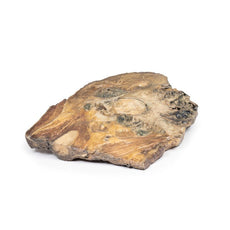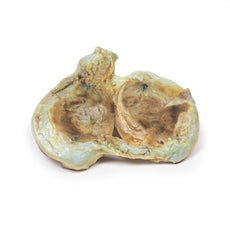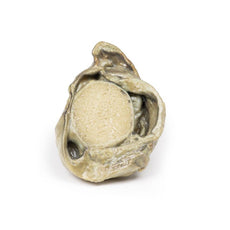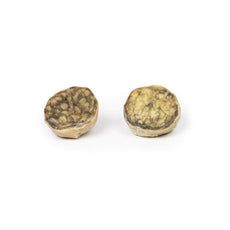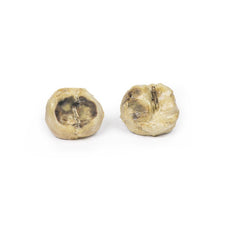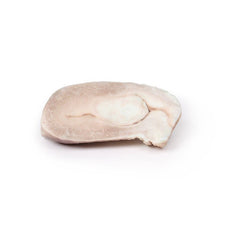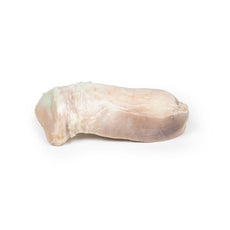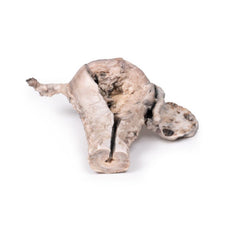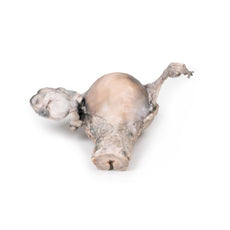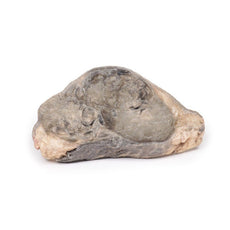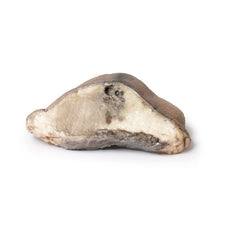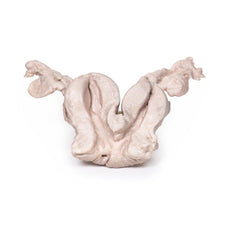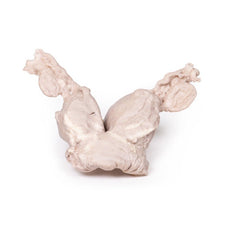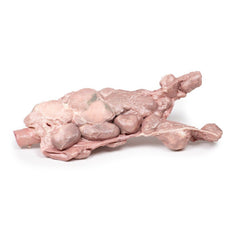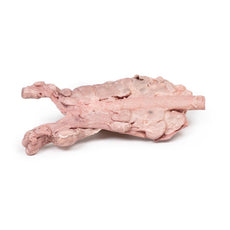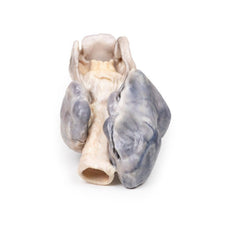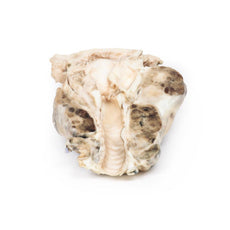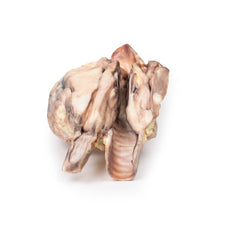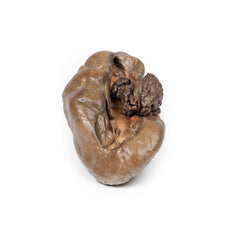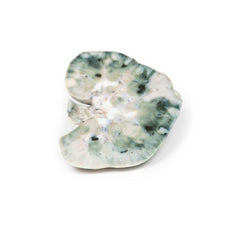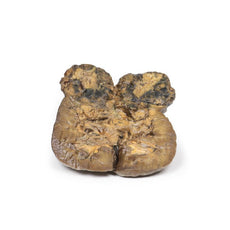Your shopping cart is empty.
3D Printed Carcinoma of Larynx with a 2 Months History of Dysphagia
Item # MP2050Need an estimate?
Click Add To Quote

-
by
A trusted GT partner -
FREE Shipping
U.S. Contiguous States Only -
3D Printed Model
from a real specimen -
Gov't pricing
Available upon request
3D Printed Carcinoma of Larynx with a 2 Months History of Dysphagia
Clinical History
A 74-year old male presented with a 2-months history of dysphagia, dysphonia and weight loss. He
had a history of heavy alcohol consumption and smoked 40 cigarettes per day for 40 years. Investigation discovered a
laryngeal tumour. He received radiotherapy but his tumour reoccurred. He died 9 months after his initial
presentation.
Pathology
The specimen consists of tongue, pharynx, larynx, oesophagus and trachea and has been mounted in the
coronal plane. The oesophagus and trachea have been opened from the posterior aspect. There is a 5 x 4 x 2 cm
fungating carcinoma evident extending into both pyriform fossae. The surface of the tumour is irregular with shaggy
areas of necrosis. The tumour has arisen from the larynx and involves both vocal cords, the left aryepiglottic fold
and both pyriform fossae.
Further Information
Over 95% of laryngeal cancers are squamous cell carcinomas. The tumour usually develops on the
vocal cords but may occur above or below the cords, on the epiglottis, aryepiglottic folds or in the pyriform
fossae. The cancer usually begins as squamous cell carcinoma in situ, progressing to ulcerated and fungating
invasive carcinoma with continued exposure to carcinogens. The greatest risk factors for developing cancer of the
larynx are tobacco smoke and alcohol consumption. Human Papilloma Virus (HPV) infection, asbestos exposure and
irradiation have also been shown to be associated with increased incidence of head-and-neck squamous cell carcinoma
(HNSCC). Males are affected more than females. It most frequently presents in the 6th decade of life. Laryngeal
cancer may spread by invading into surrounding structures, via lymphatics usually to local cervical nodes, or
haematogenous metastasis most commonly to the lungs. Common symptoms of HNSCC on presentation include dysphonia,
dysphagia, odynophagia, globus and cough. Less commonly haemoptysis, stridor, dyspnoea and halitosis may be
described.
Treatment varies on the stage of the disease. Smoking and alcohol cessation are important for all
disease stages. In early disease laryngeal preservation treatments may include laser therapy, microsurgery and
radiotherapy. Later stage disease treatments may involve a combination of laryngectomy, radiotherapy and
chemotherapy.
HPV-related HNSCC have better outcomes than those non-HPV positive tumours. HPV-vaccination
programmes have been introduced in several countries, including Australia and the UK, for both boys and girls, in
order to reduce their risk for HNSCC.
 Handling Guidelines for 3D Printed Models
Handling Guidelines for 3D Printed Models
GTSimulators by Global Technologies
Erler Zimmer Authorized Dealer
The models are very detailed and delicate. With normal production machines you cannot realize such details like shown in these models.
The printer used is a color-plastic printer. This is the most suitable printer for these models.
The plastic material is already the best and most suitable material for these prints. (The other option would be a kind of gypsum, but this is way more fragile. You even cannot get them out of the printer without breaking them).The huge advantage of the prints is that they are very realistic as the data is coming from real human specimen. Nothing is shaped or stylized.
The users have to handle these prints with utmost care. They are not made for touching or bending any thin nerves, arteries, vessels etc. The 3D printed models should sit on a table and just rotated at the table.








